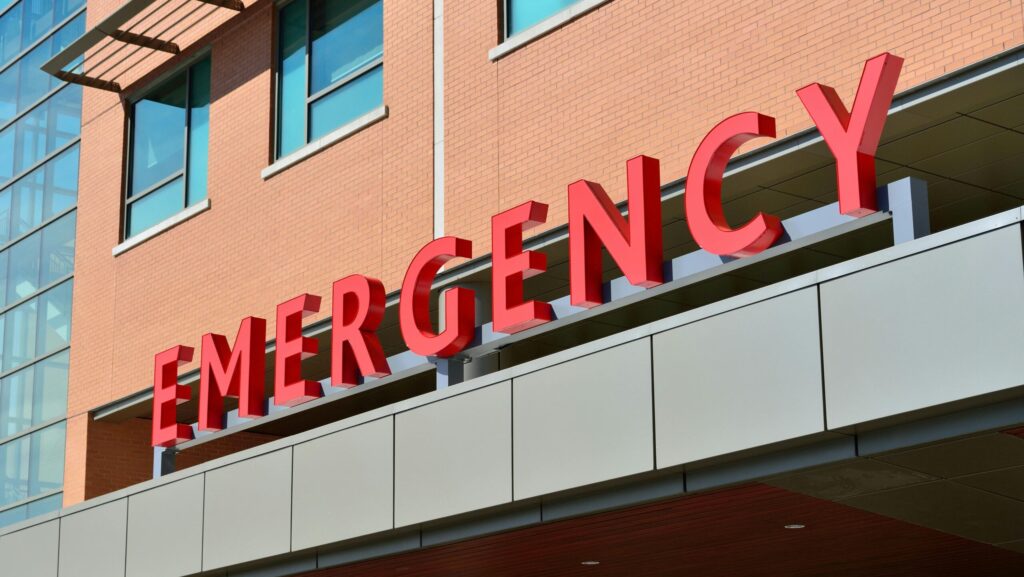
Virginia continues to face a critical healthcare workforce shortage, with providers across the commonwealth struggling to fill essential roles. This shortage has been amplified by the rippling effects of the COVID-19 pandemic as well as key changes in the workforce demographic. For Cynthia Lawrence, director of workforce development, and Caroline King, project manager, at Carilion Clinic, an aging workforce signaled an issue.
“The healthcare workforce shortage is something that has been coming for a long time,” said Lawrence. “Before the pandemic, we knew we were going to hit a demographic cliff with those that were already in the workforce aging out and we weren’t going to have enough people coming along behind them being trained to step into their place. The pandemic has also exacerbated the problem, not to mention, training for the healthcare workforce is complex and very expensive.”
As the demand for healthcare professionals in Virginia continues to grow, Virginia’s Community Colleges are playing a vital role in preparing the next generation of healthcare workers. By providing accessible and affordable education and training, community colleges are helping to bridge the gap between the classroom and the clinic, opening a pathway to in-demand healthcare career opportunities for all.
The Importance of Collaboration
To address the workforce shortage, community colleges are forming strategic partnerships with industry leaders, like Carilion Clinic, to provide students with the skills and knowledge required to succeed in healthcare careers. These collaborations are crucial in ensuring that students receive the training and experience needed to meet the demands of the healthcare industry. The Blue Ridge Partnership for Health Science Careers is a shining example of the power of these relationships.
“I would say that collaboration is the foundation of the Blue Ridge Partnership, and it’s what makes the partnership possible,” said King. That collaboration and the willingness for all of these different entities to work together towards a common goal has really made the ability for us to execute on the goals.”
At the heart of this collaboration is the Virginia Community College System (VCCS), which plays a vital role in providing a strong pipeline of fresh talent to the programs and the workforce.
“Community colleges are the connector because they sit on the nexus of the K-12 system, the four years, as well as the community and employers, and they serve as a role for transition,” said Lawrence. “So, if we are looking at a situation that we need to scale up quickly, the community college can step in and they’re nimble and they can bring the resources to the table and actually address the educational need right away.”
Preparing the Next Generation
VCCS continues to take a comprehensive approach to preparing the next generation of healthcare professionals. By offering a range of programs and credentials, from certificates to associate degrees, community colleges are providing students with the options and training required to thrive in the healthcare profession of their choice.
“Choosing a career in a health science organization doesn’t limit you to serving patients. There is a whole world of opportunity from research to patient care, to administration, to operations, to finance and everything in between,” said Lawrence.
“We’re not just training students for a job, we’re training them for a career,” said King. “We’re giving them the foundation they need to succeed in the healthcare industry and providing them with the skills and knowledge to advance in their careers.”